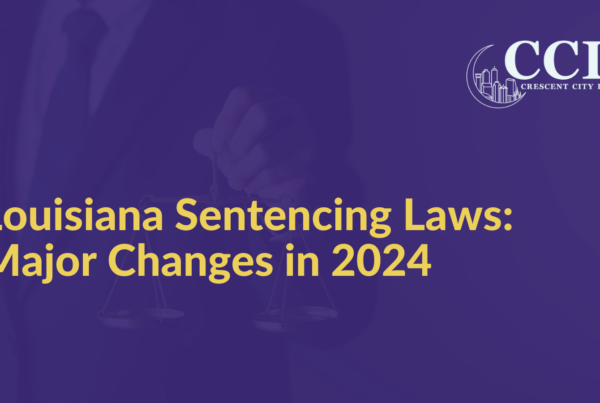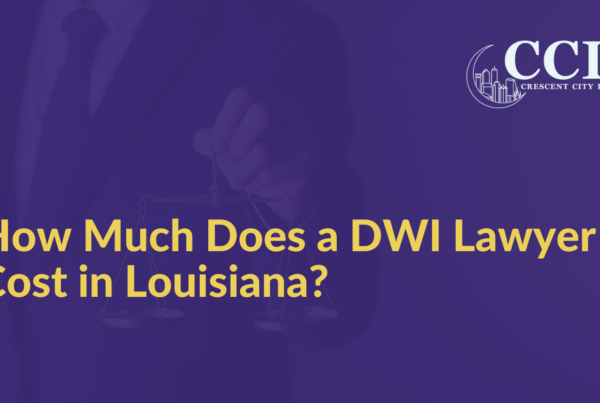There’s been a lot of excitement in the news and media about gay marriage in the United States and who has a say, who has rights, and what are those rights. Most recently, the Defense of Marriage Act (most commonly known as DOMA), which was enacted in 1996, was recently ruled unconstitutional by the United States Supreme Court on June 26, 2013. DOMA originally stated that states could refuse to recognize same-sex marriages performed in another state and also prevented the federal government from recognizing same-sex marriages in general. Once deemed unconstitutional, gays can now safely say that their rights are slowly becoming recognized as human rights rather than rights related to their sexual orientation.
Gay Marriage Rights in the United States
In the United States, marriage by the same sex is recognized as legal in thirteen states: California, Connecticut, Delaware, Iowa, Maine, Maryland, Massachusetts, Minnesota, New Hampshire, New York, Rhode Island, Vermont and Washington. No, Louisiana is NOT does not recognize same sex marriages, but someday, Louisiana might recognize gay marriages. Before 1996, there was no federal government definition of marriage and anyone who was married and recognized by the state was also recognized by the federal government. Then, DOMA was passed. In 2012,DOMA was challenged by the Edith Windsor, whose wife passed away leaving Edith the estate. Edith believed that DOMA discriminated against same-sex couples by increasing the amount that same-sex couples pay in federal inheritance tax (heterosexual surviving spouses pay a reduced federal tax on their inheritance). The Supreme Court agreed with Edith and ruled DOMA unconstitutional. As early as 2004, the Government Accountability Office (GAO) counted 1,138 rights and protections to those US citizens who were married in the eyes of the federal government. Now you can understand why it is such an important matter to all American citizens to enjoy these rights and protections as married individuals. Let’s take a look at a few of these rights:
Gay Parenting: Childcare and Adoption Rights
Although it varies by state and jurisdiction, there are laws that both restrict as well as provide rights for gay couples regarding parenting and adoption. In some states, adoption and family law is handled by a specific jurisdiction as the laws may vary within the state. Some states permit same-sex couples to adopt, while others allow gay individuals to adopt. According to Lambda Legal:
“About half of all states permit second-parent adoptions by the unmarried partner of an existing legal parent, while in a handful of states courts have ruled these adoptions not permissible under state laws. This leaves parents in many states legally unrecognized or severely disadvantaged in court fights with ex-spouses, ex-partners or other relatives.”
By adopting as a same-sex married couple, there are some obstacles that could be removed legally than if adopting as an individual and a second parent adoption. There are 24 US states and territories that allow full joint adoptions by same-sex couples. Stepparent adoption is legal in two states. In Louisiana, anyone can petition for adoption as an individual, but same-sex couples may not jointly petition. It does vary by Parish, but in some parishes, same-sex partners may petition to adopt a partner’s child.
Did Tax Rights Change for Gay Married Couples?
The right to be married, straight or same-sex, is determined by your state. For same-sex marriages, if you live in a state where same sex marriages are legally recognized, then you get the all of the tax benefits of a (straight) marriage on both your state and federal tax return. If you were married in a state that recognizes gay marriages, but you moved to a state the does not recognize your marriage, it is likely that you will not benefit from the tax benefits of a straight marriage on your state taxes, but you will benefit on your federal taxes because of the Windsor case. You can take this as you wish, as these days there are many dual-income families and a large majority of same-sex couples are also dual-income. So, by getting married your income will be higher so the percentage of your income paid to taxes may also be higher. Regarding Estate Planning & Estate Taxes though, as seen through Windsor, it is ultimately a big win for those gay individuals with a deceased partner. There is an unlimited tax free exemption to the tax for money left to spouses, and now includes same-sex couples. This also goes for Social Security, but has much to do with “place of residence.” So, it doesn’t matter which state you were married in, but rather where you live. It should be interesting to see if this will change where same-sex couples move to in the next few years if this law doesn’t change. Spouses of Social Security retirement insurance and disability insurance recipients can now receive benefits worth half their spouse’s benefits. If a spouse passes away, the surviving spouse can also receive the late spouse’s Social Security benefits if it exceeds their own. This goes for both same-sex marriages as well as opposite-sex couples.
Buying Property: What Rights Do Gay Couples Have?
With the new laws, there are at least three states where same-sex married couples can benefit from owning property and the new rules from the IRS on reporting community income. The new laws affect all same-sex marriages as well as registered domestic partnerships in California, Nevada and Washington – states that also allow same-sex marriages and therefore recognize shared or community property. The new laws, though, may mean higher, lower or no change in tax savings. It all depends on specific situations, incomes, property values, and more.
Louisiana and Gay Rights: What You Should Understand
Same-sex marriages are not legally recognized in Louisiana. Couples who were legally married in other states do not have the same legal rights as opposite-sex married couples in the our state. In 2004, voters in the state approved a state constitutional amendment that banned same-sex marriages and civil unions, though it did not ban domestic partnerships. The Louisiana Civil Code, which is the code by which the state is run, prohibits same-sex couples from marrying or the recognition of purported same-sex marriages from other states. Louisiana is supposed to recognize non-Louisiana marriages, so this law is probably unconstitutional in the federal sense. Louisiana does extend hate crimes to protect sexual orientation though it does not cover gender identity. Do you have questions regarding gay rights in New Orleans and Louisiana? Are you interested in learning more about Family Law and same-sex marriages and how you and your partner can receive the same rights as an opposite-sex couple? Please feel free to give me a call or send me an e-mail for a free consultation. You can contact me at (866) 459-4478 or (504) 264-9492.





